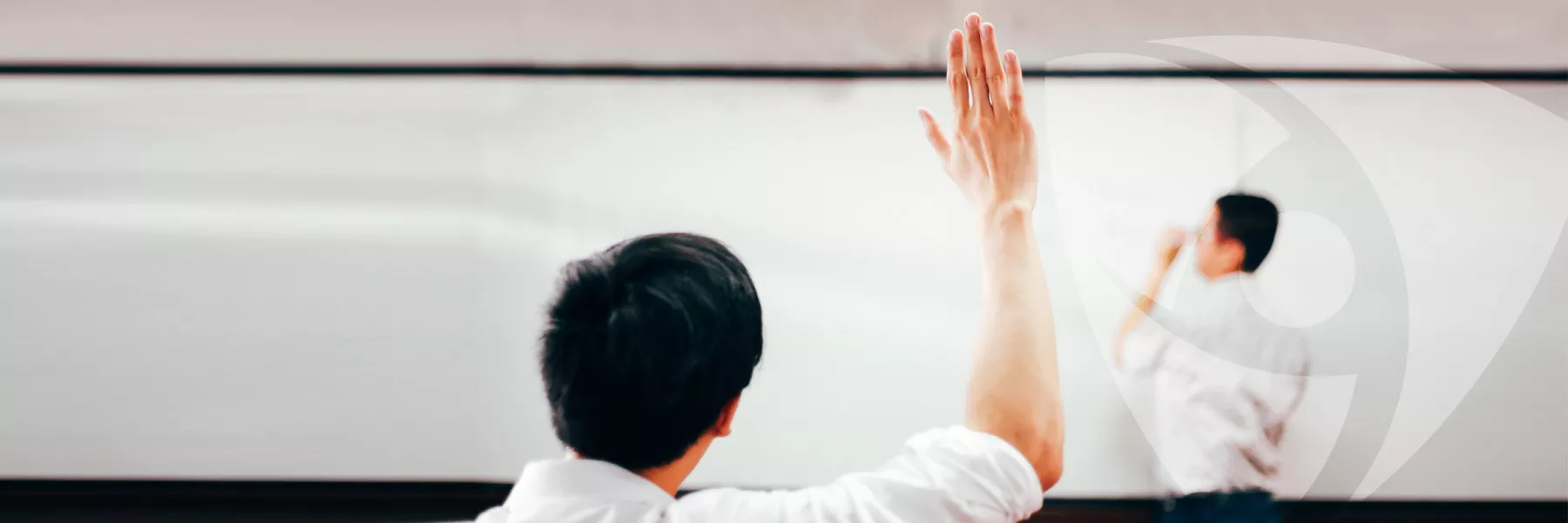FAQ: Antimicrobial Technologies
What is an antimicrobial? The antimicrobial definition.
An antimicrobial is any substance that kills or inhibits the growth of microorganisms by suppressing microorganism reproduction. Microorganisms are unicellular or cell-cluster microscopic organisms, including eukaryotes such as fungi and protists, and prokaryotes such as bacteria and certain algae. Discover more.
What is Microban?
Microban International is the global leader and most trusted brand in the antimicrobial additives industry. We engineer antimicrobial, odor control, and surface modification technologies that are incorporated into products worldwide. Microban technologies keep product surfaces cleaner and longer-lasting by preventing the growth of microorganisms like bacteria, mold, and mildew.
What is the difference between antimicrobial and antibacterial?
The primary difference between antibacterial vs. antimicrobial substances is the types of microorganisms they act upon. Antibacterial technologies are effective against a broad spectrum of harmful bacteria, including E. coli and MRSA. Antimicrobial technologies minimize the presence of bacteria, mold, and algae. In contrast to antibacterial agents, antimicrobial substances offer a greater level of product protection against a wider range of microorganisms. Their broad-spectrum performance makes them perfect for use in cleanliness-critical environments such as schools, hospitals, and commercial kitchens. Discover more.
How do Microban antimicrobial agents work in products and surfaces?
Microban antimicrobial treatments are built into products during the manufacturing process. When microbes come into contact with a treated surface, Microban technology penetrates the cell wall of the microorganism, ultimately preventing its growth and reproduction.
Does Microban manufacture end-use products?
No, Microban does not manufacture products. Microban specializes in the formulation of antimicrobial and odor control additives. We partner with brands and manufacturers worldwide to incorporate these additives into various products and surfaces. Explore our brand partners.
What types of microorganisms do Microban antimicrobial agents work against?
Microban antimicrobial protection is effective against most common bacteria, yeasts, molds, and fungi that cause stains, odors, and product degradation. Microban has also been proven to reduce viral loading on products and surfaces.
How do I know that Microban antimicrobial product protection is safe?
Consumer safety is a fundamental concern for Microban. All of the antimicrobial and odor-control technologies used by Microban Products Company are registered with the Environmental Protection Agency (EPA) in the United States and are notified with the Biocidal Products Regulation (BPR) in Europe for their specific use. All Microban technologies have a long history of safe use in worldwide consumer, commercial, and healthcare product applications. Risk assessments by independent scientists, scientific bodies, and governmental agencies (including the EPA, FDA, and regulatory authorities in Europe and Canada) have consistently reconfirmed the safety of our antimicrobial additives at the levels approved for use in these products. Microban antimicrobial additives are engineered directly into materials and surfaces. Therefore, using products protected with Microban technology does not result in user exposure or transmission directly into the environment in the way that products like disinfectants or liquid antibacterial soaps can during use. In addition, the size and specific biological systems of microorganisms make them susceptible to antimicrobial agents at levels of exposure that are not harmful to humans. Discover more.
Do products featuring Microban protection need to be cleaned?
Yes, products featuring antimicrobial protection still need to be cleaned. Microban technology is not a disinfectant and does not replace regular cleaning practices specified by product manufacturers. Instead, our antimicrobials complement regular cleaning by keeping products cleaner in between cleanings.
Does Microban protection begin working immediately?
Microban product protection begins to work as soon as a microorganism comes into contact with the treated surface. The antimicrobial protection then works continuously to maintain a consistently lower bio-burden than would be expected on a product without Microban antimicrobial protection.
How long do Microban antimicrobial agents work?
Microban product protection is built-in during the manufacturing process and will not wash off or wear away on most hard surfaces. Microban technology on textiles is durable for up to 75 home launderings. Microban protection is engineered to provide continuous antimicrobial and odor-control protection for the useful lifetime of the product, keeping treated products cleaner and more durable than non-treated products.
Does the use of Microban antimicrobial technology cause resistant strains of microorganisms?
After more than forty years of use in numerous consumer, commercial, and healthcare applications worldwide, there is no evidence that built-in Microban antimicrobial technology causes the development of resistant microorganism strains.
FAQ: Odor Control Solutions
What is the difference between odor capture and odor control technologies?
Odor capture technologies are non-biocidal formulations that work to trap and absorb odor molecules. In contrast, odor control technologies are typically biocidal solutions that actively prevent odor-causing bacterial growth.
What is Microban odor control product protection?
Microban odor control technology is built-in protection for textiles. It provides an added level of protection against damaging microbes such as bacteria, mold, and mildew that can cause stains, odors, and product deterioration. It can also work to capture unpleasant odours that become embedded in the textile, such as body odor.
How does Microban odor control protection work in my product?
Microban odor control protection can work in various ways. When microbes come into contact with the product surface, Microban antimicrobial protection penetrates the cell wall and disrupts the cell, preventing the microorganism from growing and reproducing. Alternatively, textiles treated with odor-capture technology attract and absorb odors, keeping products fresher for longer.
What benefits do I get from products with Microban odor control protection?
Microban odor control protection continuously prevents the uncontrolled growth of microbes that cause stains, odors, and product degradation. This keeps the textiles cleaner and fresher in between washings.
Are Microban antimicrobial and odor-capture technologies compatible with other auxiliaries?
Yes, our technologies work well with auxiliaries such as moisture management, repellency, stain release, and flame retardants.


